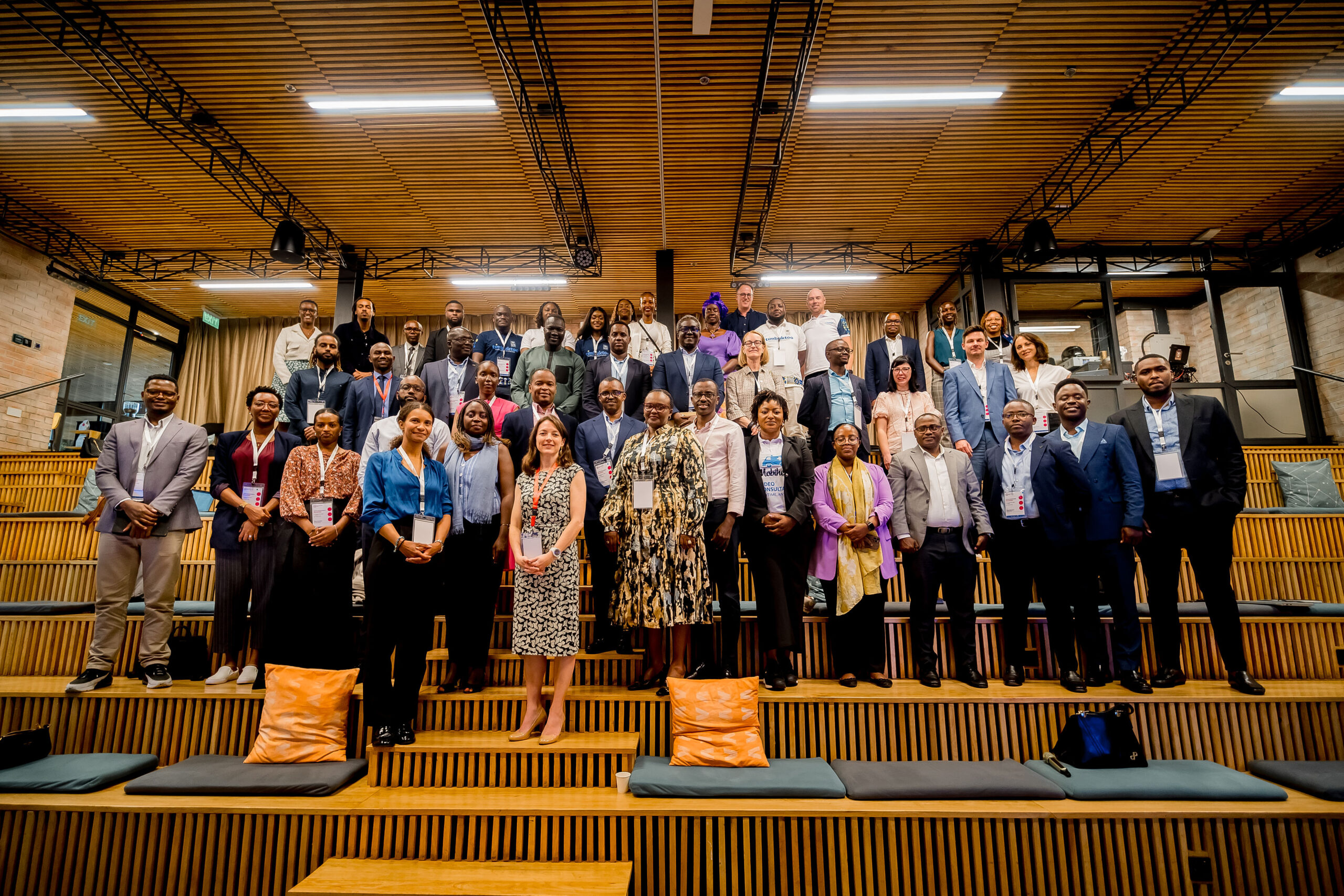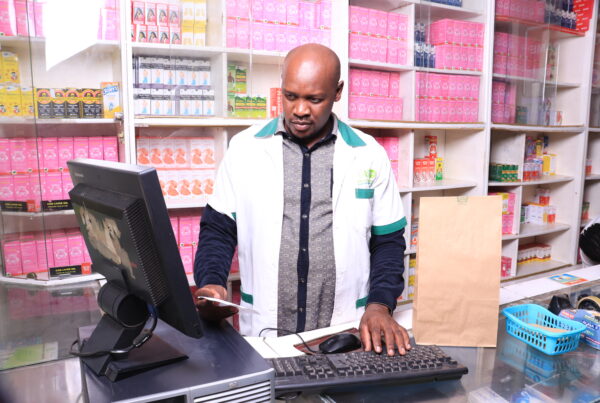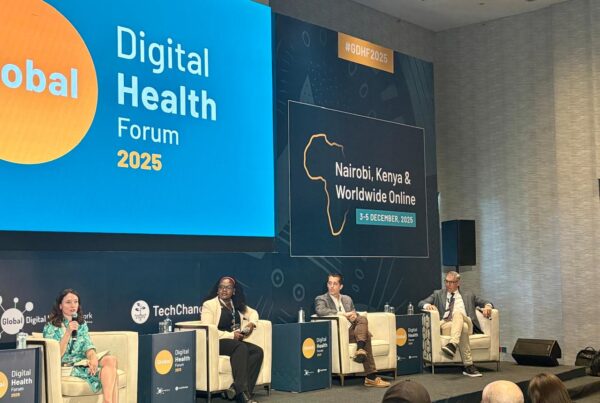The recent HTHA Stakeholder Roundtable in Kigali brought together key players in the African healthtech ecosystem to address two critical questions: what problems must be solved to unleash healthtech in Africa, and how can we collaborate to build a thriving ecosystem? The meeting was a testament to HTHA’s remarkable “convening ability”, bringing together innovators, policymakers, and partners for a “great and open and collaborative dialogue”. This gathering also marked a new chapter for the organization, with Dr. Lutz Hegemann, the President of Novartis Global Health, announcing HTHA’s transition from the Novartis Foundation to Novartis Global Health.
A Powerful Vision for Partnership and Investment
The theme of partnership was central to the discussions. As Dr. Lutz Hegemann, the President of Novartis Global Health, reminded, “We go further when we go together”. The roundtable’s goal was to identify ways to improve collaboration and drive sustainable, transformative impact on the continent. HTHA’s Director, Immanuel Momanyi, detailed the organization’s three-pillar mission to empower innovators, scale impact through global partnerships, and shape policy with tech-forward strategies.
He also proudly shared HTHA’s significant impact since 2022, including onboarding over 100 startups and enabling integration with public health systems.
The financial commitment to this vision was bold. Natalie Jabangwe, CEO of Timbuktoo Africa, shared a powerful message that “Africa is not just a story of potential, it’s a story of progress”. She unveiled a new $1 billion initiative to scale 1,000 startups across Africa over the next decade, positioning Rwanda as the home for the Timbuktoo HealthTech Hub and HQ.
Data, AI, and Policy as the New Infrastructure
Discussions repeatedly turned to how technology and smart policies are creating the infrastructure for a new era of digital health. From SAND Technologies, Pamela Icyeza explained how AI and real-time data are “revolutionizing healthcare decision-making,” citing their partnership with Rwanda’s Ministry of Health and Society for Family Health to digitize over 300 rural clinics. This approach, she noted, unlocks real-time operational visibility, smarter policy, and improved health outcomes.
This kind of innovation is possible because governments are actively removing roadblocks. Esther Kunda of Rwanda’s MINICT detailed strategic reforms, including a new data-sharing policy to support innovation and reforms in public procurement to make government partnerships more accessible for startups. This commitment to creating an enabling environment was further highlighted by Cyprien Nshimiyimana of C4IR Rwanda, who shared the nation’s bold steps in leveraging AI for primary healthcare, from live trials with community health workers to a planned AI Scaling Hub and Health Data Cloud.
The Path Forward: Tackling Challenges Together
The roundtable also featured candid discussions on the challenges facing the ecosystem and collaborative solutions to overcome them. Participants identified key hurdles such as infrastructure gaps, a lack of local alignment with community priorities, and fragmented collaboration between stakeholders.
To address these, the groups proposed solutions rooted in partnership, knowledge sharing, and incentivized innovation. This includes creating forums, hackathons, and best-practice hubs to close skills gaps and fostering trust through transparent governance and community-led design. As Director Immanuel Momanyi concluded, “Our full-STAC approach bridges 86% of startup interoperability gaps”, showcasing HTHA’s direct role in building a unified, effective ecosystem. The consensus was clear: the path forward for African healthtech is through collaboration, turning bold ideas into real-world impact.
The Road Ahead: Co-Creating the Future
As we look to the second half of 2025, we’ve charted ambitious next steps. The Hub, in partnership with Helena, will launch a certification framework for digital health tools to ensure they are compliant with standards and interoperable with existing systems. This initiative will give startups a faster time to market and provide governments with evidence-based procurement solutions.
In addition, we will expand regional meetups to East and West Africa; deepen policy engagement through the IWG and national committees; and broaden our partnership network to include new mentors, investors, governments, and ecosystem actors. As Richard Bishumba, HTHA’s Partnership Lead, emphasized: “We are a product of partnerships… [and] we can have a stronger ecosystem but only if we work together as collaborators.”












